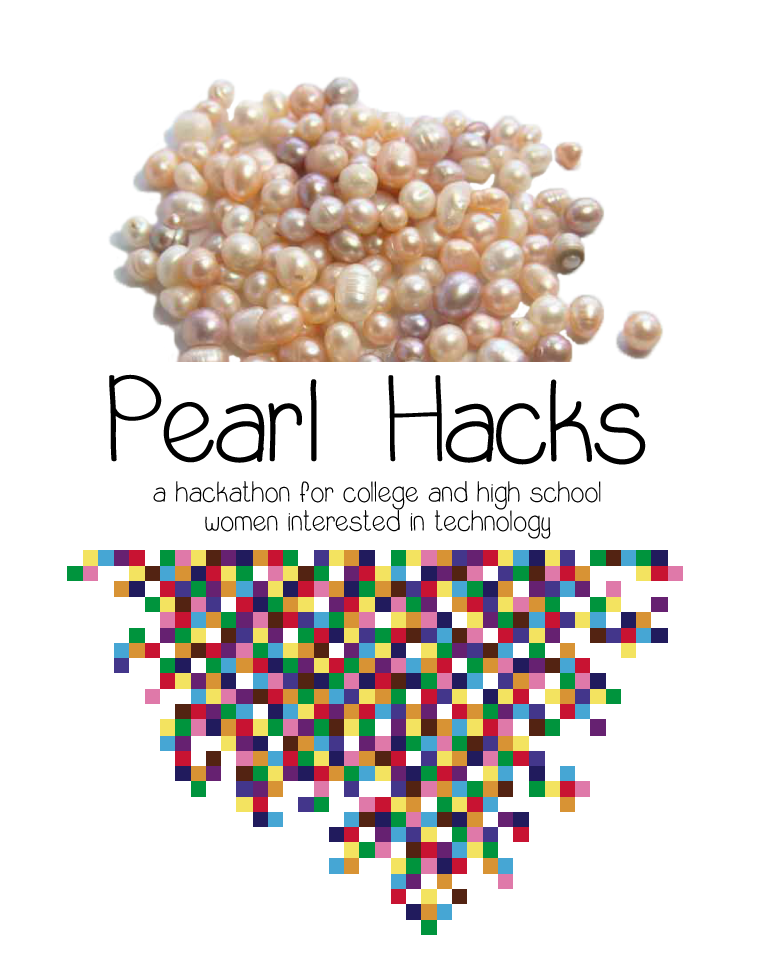When I walked into Carroll Hall, for a moment I felt like I was back in college... and at the World’s Best Slumber Party. There were tables full of salty snacks, stacks of sleeping bags, and the chatter of excited young women. But, unlike the sleepovers of my youth, talk was about Python, HTML, and Ruby. These were young women interested in learning to code.
The women were visiting the campus of the University of North Carolina at Chapel Hill to participate in Pearl Hacks, a 24-hour hackathon aimed at "building, encouraging and inspiring a community of young female programmers." More than 200 college students, from North Carolina, California, Illinois, New York, Maryland, Virginia, and South Carolina, as well as high school women from across North Carolina, gave their weekend—and their sleep—to play with code.

Cas Roberts, one of my Red Hat colleagues, and I had volunteered to teach an Intro to HTML class aimed at high school girls. Other mentors came from companies like Google, Palantir, SparkFun, and Square. They provided hands-on workshops, skills labs, and guidance for all kinds of projects the participants chose to hack on.
All of this was fun, but also very important. The percentage of computer science degrees that are being earned by women has decreased in the past 20 years. So, why were more women earning degrees two decades ago than they are now? One suspected reason for this trend is that women feel unwelcome in the computer industry due to the predominance of men at conferences, coding meetups, and hackathons, which are a central part of coder culture. Some female and male programmers have started female-centric hackathons to help create spaces where women can feel more welcome and at ease.
Regarding Pearl Hacks, an organizer says, "We hoped to create an inclusive, encouraging, and safe environment for mentorship and innovation."
Pearl Hacks co-founder Maegan Clawges elaborates, "We hope to help female computer science students to realize that they are like pearls, which are considered to be beautiful, rare, and valuable. The process by which pearls grow within shelled mollusks is long and painstakingly difficult. This is not unlike the often solitary road that women in technology travel to discover their passion for computing and complete their education."
Open source workshops and skill labs were in abundance.
- Introduction to Programming (Python)
- Third-Party APIs and Visualization Tools (d3.js)
- Advanced Web Development (PHP, MongoDB)
- Getting Started with Ruby on Rails & Django Open Source Hardware (Raspberry Pi)
And, many of the participants' projects were based on open source software and tools. The first-place winning project, called The Culture of Yes, is a Django-based web app that uses a scraper to pull stories on sexual assault from university newspapers and allows survivors of sexual assault to tell their stories alongside the media coverage. The Culture of Yes team hopes the application can broaden the conversation around sexual assault on college campuses.
While talking to these young women, it became apparent that though they shared my passion for technology, they were just as isolated in their everyday environments as I had been when I was one of only two girls in my high school computer club. Events like Pearl Hacks allow women to learn coding skills at the same time as they are experiencing an empowering commmunity. Let's continue to support, organize, mentor, and teach these types of events. And, maybe in a few more years the number of women receiving degrees in computer science will once again be on the rise.







18 Comments